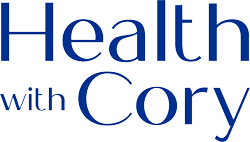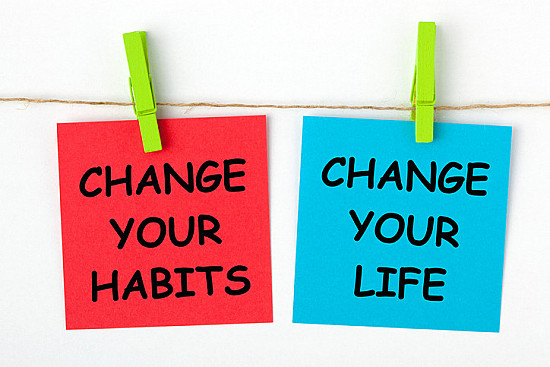Is a good morning routine all it’s chalked up to be?
How do you usually start your day? Do you tend to rush full force into getting out the door to work? Or do you make time and space for your priorities first?
I’m not a fan of recommending these crazy morning routines that make it feel like you have to be on vacation to do them. However if you can make time to do a few of these things I have listed here, then you can support your health, physically and mentally and can set the tone for a healthy day ahead.
You don’t have to do all these things all the time, but the more you can do, the more you will be closer to achieving the perfect morning routine.
Let's Set Your Morning Routine
Don’t hit snooze. When you hit snooze multiple times in the morning, not only does the jaring sound throw you into more of a panicked state over and over, but you don’t actually go into a deep enough sleep for it to matter. When the alarm goes off, do your best to just get up
Put the phone down. I used to wake up every morning and dive right into my phone. Emails, texts and social media within minutes when throw into my face and ultimately leads to a stressful morning. Let your brain wake up naturally and wait at least 30 minutes before really going into your phone.
Wake up and hydrate. We wake up dehydrated every morning. Just think, you have gone anywhere from 6-9 hours without a single sip. Drinking water first thing in the morning helps the body rehydrate. Drinking water first helps to increase alertness, clear the brain fog of sleep, rehydrate the mouth and flush the digestive and lymphatic systems. You can also add electrolytes to this as discussed on day 2.
Flossing + brushing. Next up, floss and brush your teeth. It may surprise you to learn that flossing should come first! Before you eat or drink anything other than water, it is essential to scrub off the bacteria and biofilm that has accumulated overnight inside your mouth. Try using hydroxyapatite toothpaste to help remineralize the teeth. And if you do, be sure NOT to rinse, eat, or drink anything for 30 minutes.
Delaying caffeine. If coffee or tea is part of your morning routine, you may get an extra benefit from that caffeine boost by waiting a few hours after waking up to drink it. Cortisol levels rise to help you wake up first thing in the morning, but soon after a hormone that makes you tired called adenosine rises as well. So by timing your coffee intake to to the lowering of cortisol and the rise of adenosine – about 60-90 minutes after waking – you will get the best results from your morning brew.
Morning sunlight exposure. The best way to tell your brain to wake up is by giving it some morning sunlight exposure. Morning sunlight on your face, eyes, and body signals your brain to suppress the sleepy-time hormone melatonin and increase the production of cortisol and serotonin, both of which are good for you in healthy amounts. Get outside for at least 5-10 minutes of light exposure within 30 minutes of waking up if you can. If you wake up well before the sun, try to get out soon after it rises. But of course, never look directly at the sun itself!!
Movement. Here is an opportunity to get more movement into your day, as discussed in a previous step of your 21-day guide to better health. Why not multitask, put this together with your morning sunlight exposure, and get out for a brisk 10-minute walk in the early hours? If you can’t get outside, try just 5 minutes of light stretching, mobility, or another movement inside. Get the blood flowing and your body warmed up for the day ahead.
Gratitude. Topping off physical activity with mental exercise and practicing gratitude can positively affect your mind and body! You can use a journal to reflect on your day ahead, set some intentions, and write down things you are grateful for. Or, if that seems like too much, spend a few minutes thinking about something you are thankful for. Gratitude increases levels of serotonin in your brain. Serotonin, also known as “the happiness chemical,” can benefit your mood, appetite, sex drive, gut health, and pain response. Plus, gratitude has been shown to make us more resilient, happy, and emotionally healthy.







